
Chemical Tankers / Day 4 / Day 4 Topic 3 Record Keeping
.pdf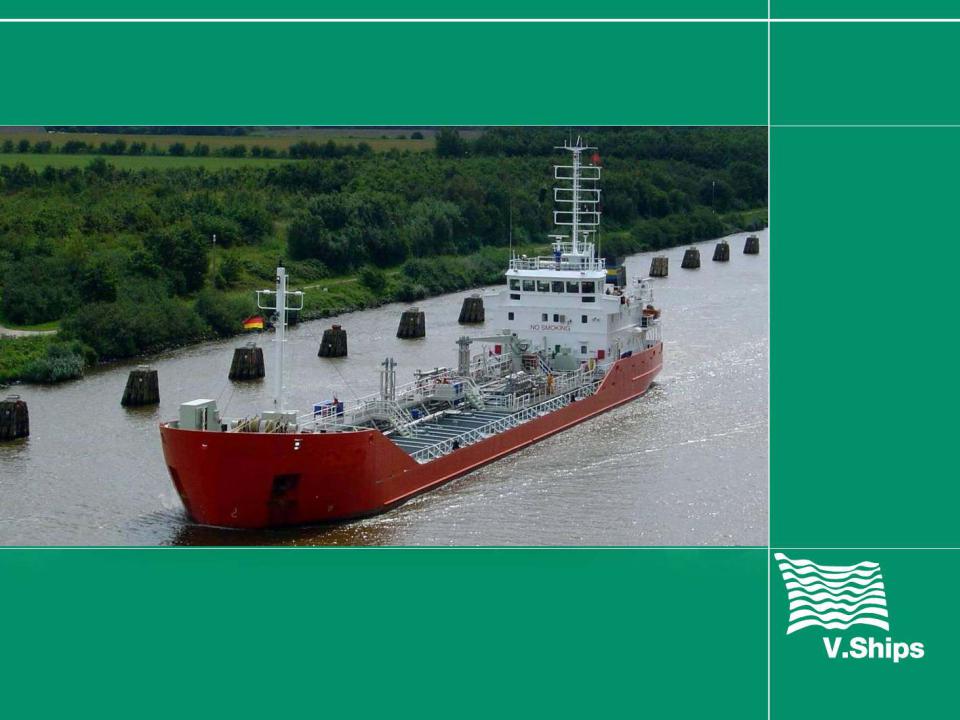
Chemical Training
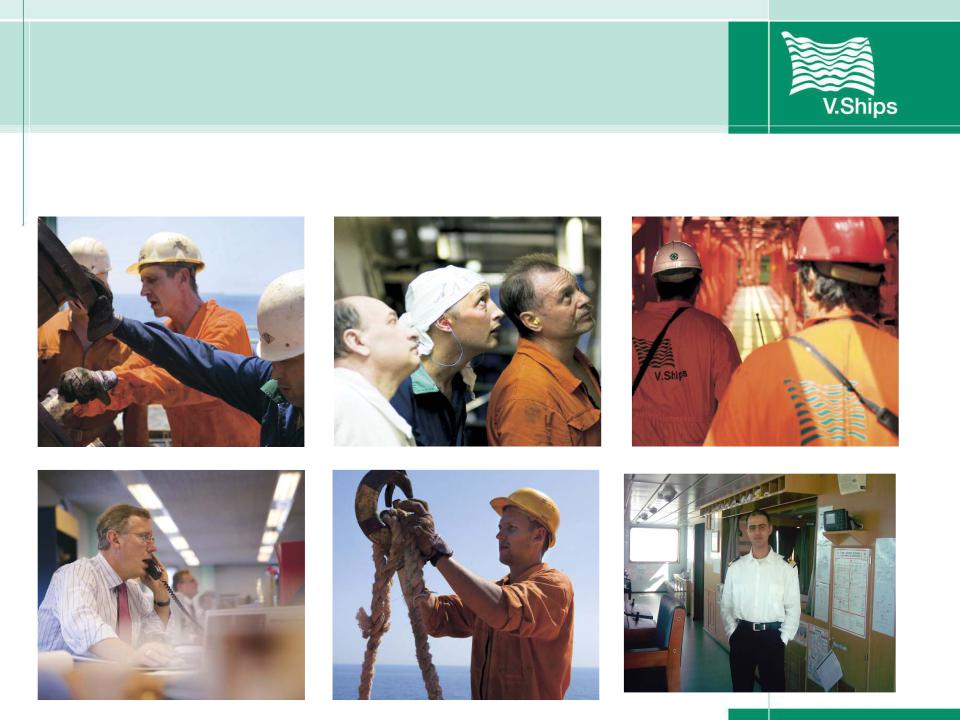
Chemical Training Course – Record keeping
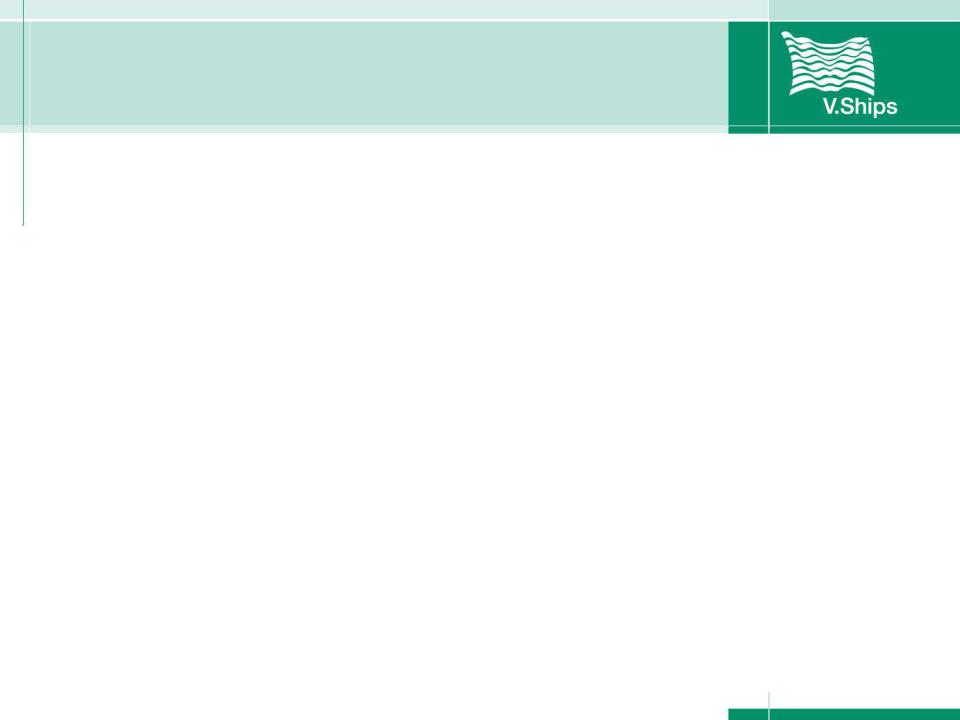
Record keeping
3.1Record keeping & its Importance.
3.2Discussion of most common mistakes.
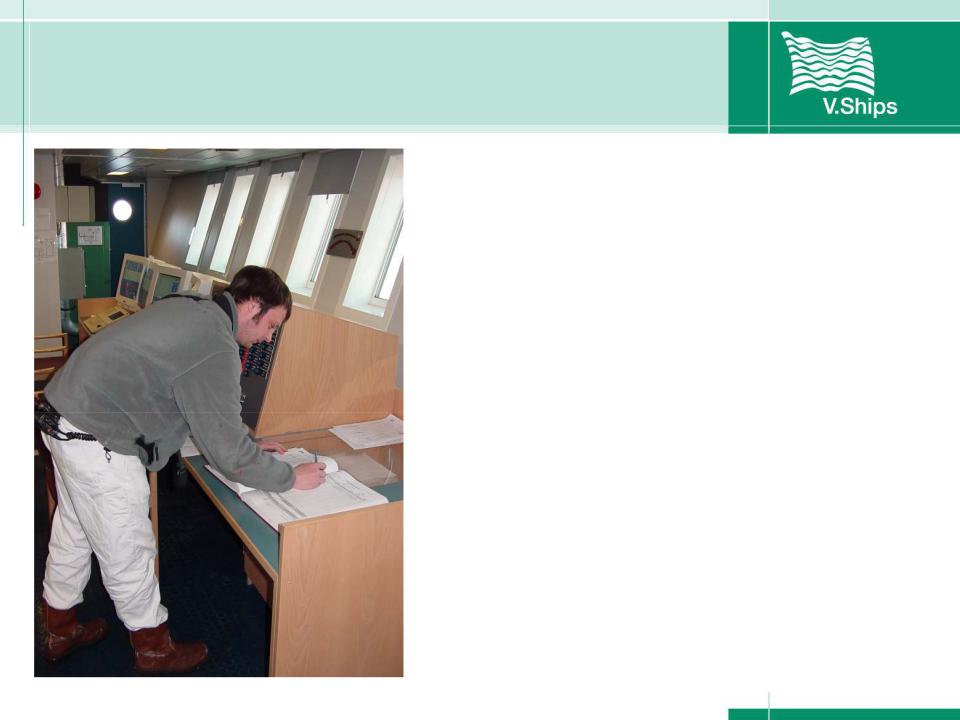
Record keeping
Writing up the Log Book (and other records) is one of the most unpopular aspects of the Duty Officer’s duty!
It is also probably the area which produces more mistakes than any other!
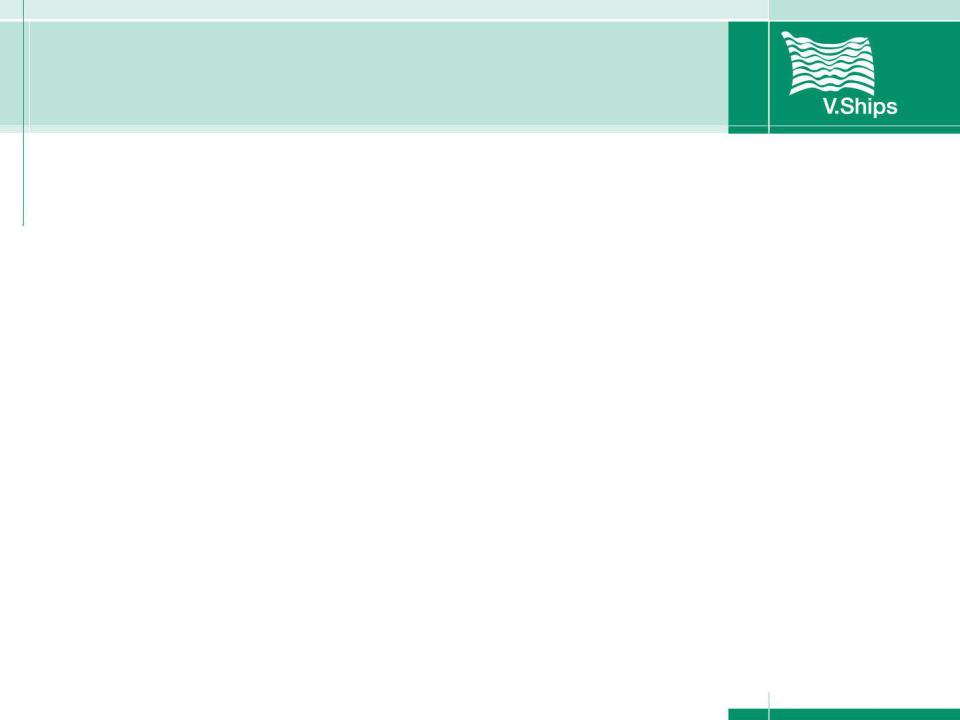
Record keeping
Why do we keep Records aboard Ships?
Course delegates to discuss.
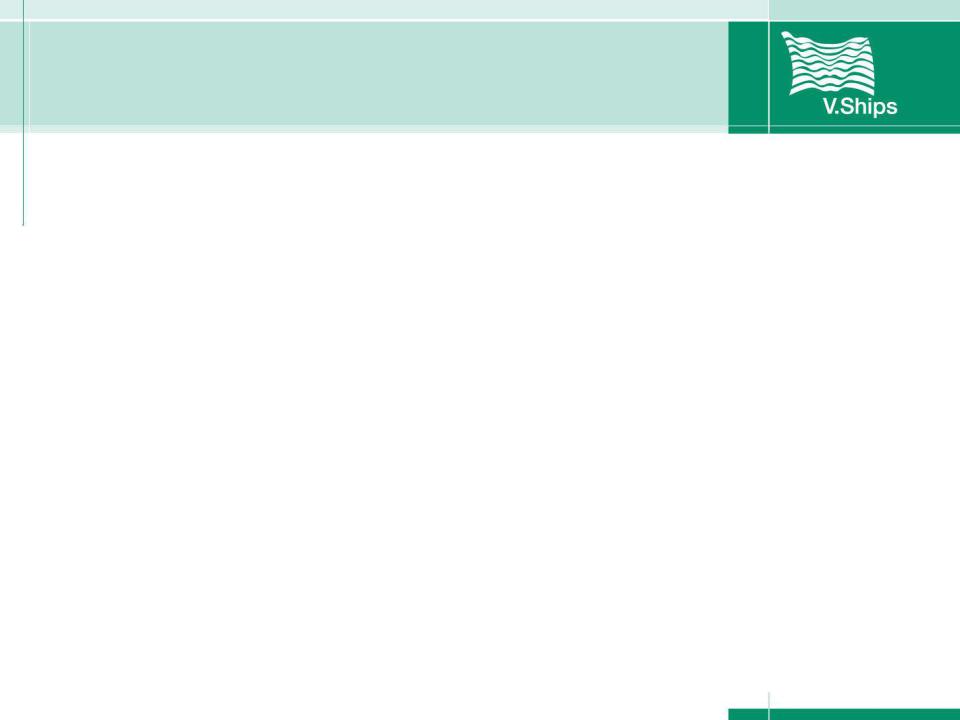
Record keeping
Why do we keep a Log Book?
It is a legal requirement (you will certainly find this out in the event of an incident - the Authorities will go straight to the ship’s logbook!)
It is a reference for our own purposes (demurrage claims, source of information for future loading, etc)
It provides information for others (Agent, Surveyor, etc)
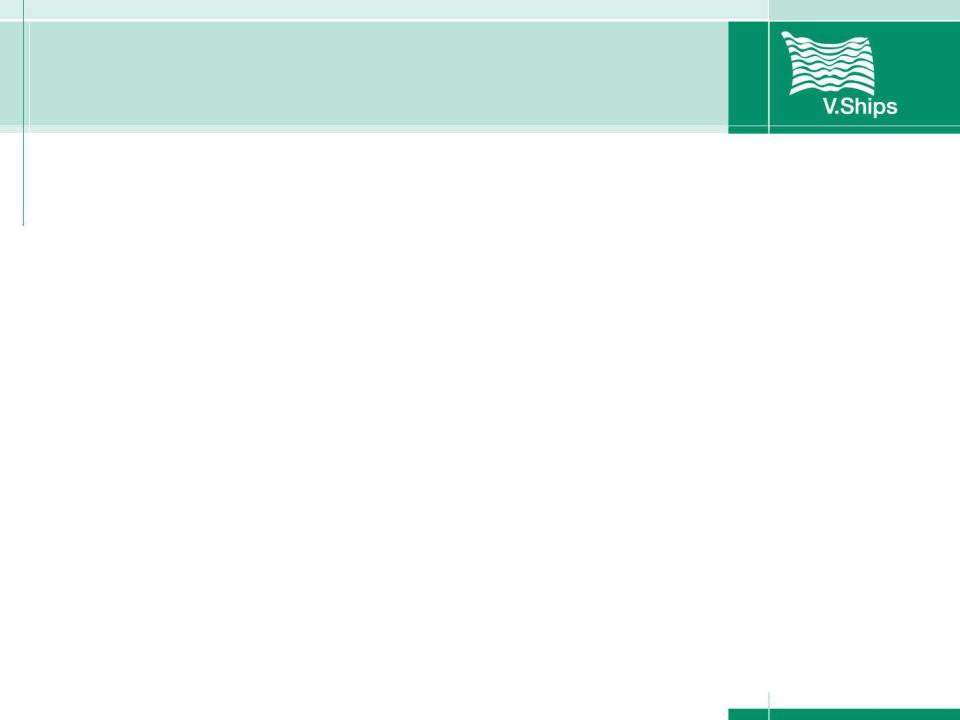
Record keeping
Entries in the Log Books:
…should be done as soon as practicable (this can be done after the watch if you are keeping watch on deck)
…should be done in clear, legible English
…should be done in an accurate and complete manner
We do not keep “Rough” Log Books - your first entry should be your last. Avoid crossings-out and arrowed-inserts

Record keeping
Remember that the shipboard Team is responsible for documenting everything pertinent that occurs during your watch. This includes:
All cargo operations
Ballast operations
Tank Cleaning (liaise with Chief Officer for details)
Bunkering / storing / water / N2 , etc
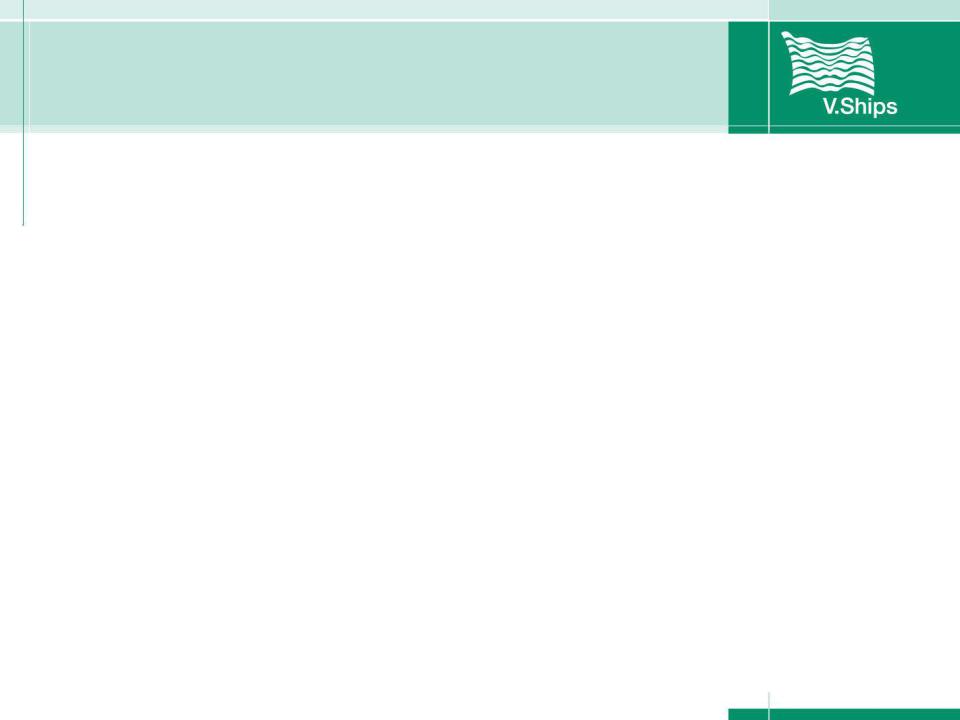
Record keeping
Log Book entries should be confined to facts, which are time-related events. In the event of an incident, investigators will attempt to recreate the incident based on times that you have entered within Log books, forms & Checklists.
Keep all speculation out of the Log Book - this has its place in the Incident Reporting Forms and in an investigation, but not in the Log Book
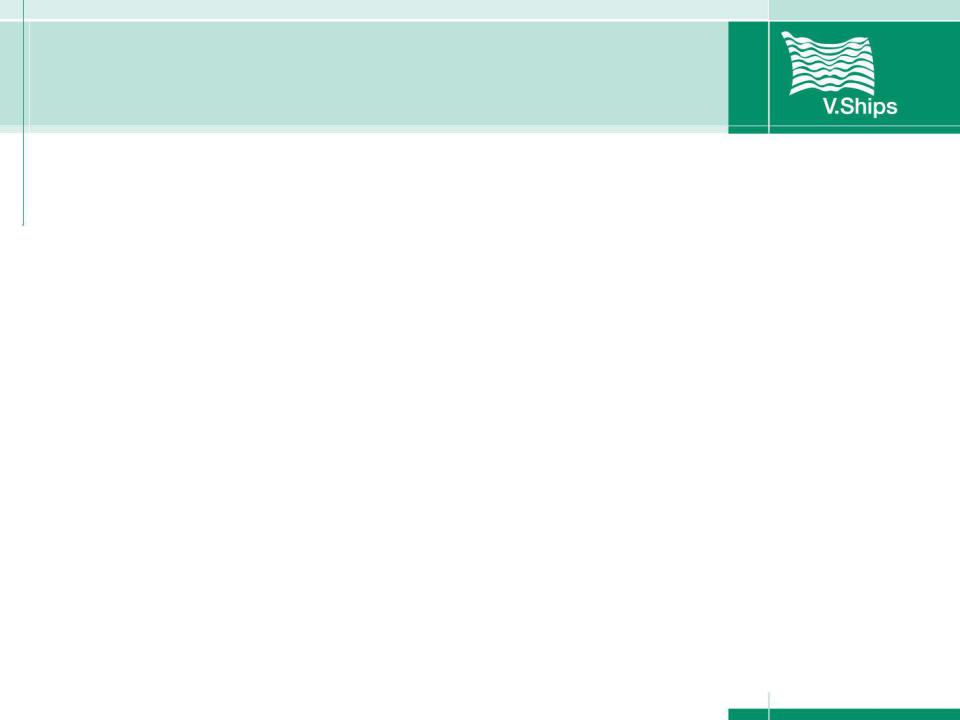
Record keeping
Similar principles apply to the completion of other Deck records, e.g. Tank Entry logs, checklists, Pumping logs, PMS records, Tank Cleaning records etc.
As a Junior Officer make the effort to become thoroughly familiar with the Chief Officer’s administrative duties (facing a Cargo Record Book for the first time when you go to sit behind the desk may be a daunting prospect!)
